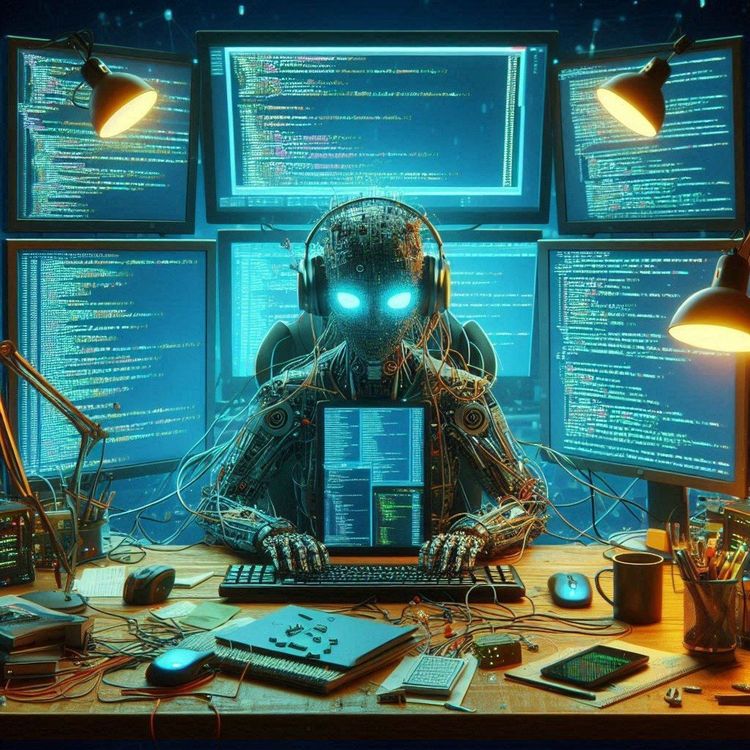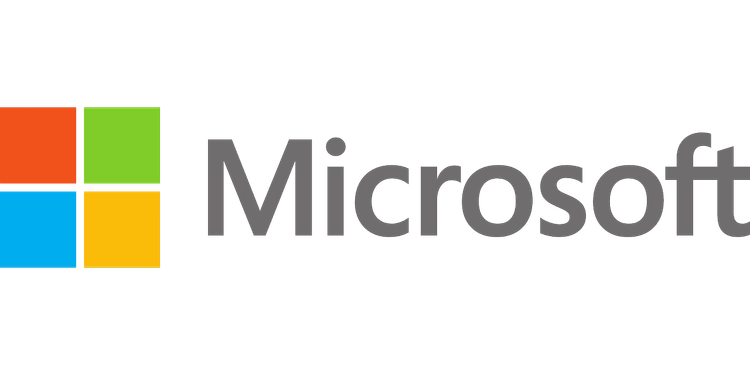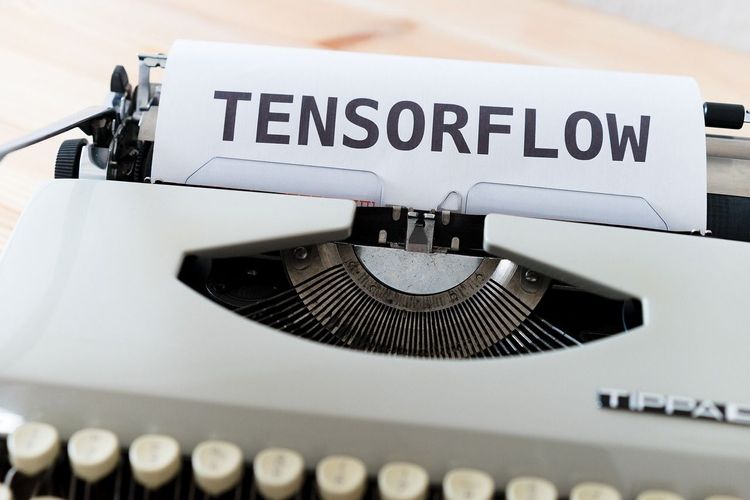It has been a notable week for OpenAI. Despite a small protest outside its headquarters last night, the company successfully rolled out an update to ChatGPT, incorporating persistent memory. Additionally, a judge dismissed most of the class-action copyright infringement lawsuit filed by comedian Sarah Silverman, who alleged that OpenAI copied her 2010 book, The Bedwetter, during its extensive data scraping to train its AI models.
Case Background
In the case Silverman et al v. OpenAI, Inc. at the U.S. District Court for Northern California, Judge Araceli Martínez-Olguín ruled against four of the six counts in the July 2023 lawsuit filed by Silverman and fellow authors Richard Kadrey and Christopher Golden. They claimed OpenAI violated their copyrights by training its AI models, GPT-3.5 and GPT-4, on their works without consent to support the ChatGPT application.
OpenAI sought to dismiss five of the six allegations and achieved a favorable outcome, with the judge allowing one count to continue. This count claims that OpenAI engaged in “unfair” business practices by using their copyrighted works for commercial gain, violating California’s Unfair Competition Law (UCL).
Judge's Ruling
Judge Martínez-Olguín stated:
“Assuming the truth of Plaintiffs’ allegations—that Defendants used Plaintiffs’ copyrighted works to train their language models for commercial profit—the Court concludes that Defendants’ conduct may constitute an unfair practice. Therefore, this portion of the UCL claim may proceed.”
While this wasn't the outcome OpenAI hoped for, the overall ruling is seen as a victory for the rapidly growing AI company.
Broader Implications
As a journalist and OpenAI subscriber, it appears the judge's reasoning could positively influence generative AI companies facing similar legal challenges from creators claiming unauthorized use of their works. However, outcomes may vary across different jurisdictions.
The judge pointed out that the plaintiffs failed to provide sufficient evidence that ChatGPT directly copied significant portions of their books in its responses. While acknowledging OpenAI used the books for training purposes, the court found no direct reproduction of the content for consumers, meaning copyright was not violated.
Legal Clarifications on Copyright
The ruling clarified that:
“OpenAI copied Plaintiffs’ copyrighted books and used them in its training dataset. When prompted to summarize books written by each of the Plaintiffs, ChatGPT generated accurate summaries of the books’ content and themes.”
However, the judge emphasized that the plaintiffs did not claim ChatGPT's outputs contained direct reproductions of their works. They failed to demonstrate substantial similarity between the outputs and the originals, leading to the dismissal of the vicarious copyright infringement claim with an option to amend.
Furthermore, while the plaintiffs argued that OpenAI violated copyright by removing copyright management information (CMI) when training, the judge determined there was no evidence that OpenAI intentionally excluded CMI to conceal infringement.
Continuing Developments
Regarding the potential violation of the Digital Millennium Copyright Act (DMCA) for creating “derivative works” without proper CMI, the judge ruled that the plaintiffs had not convincingly shown that every output from OpenAI's models constituted an infringing derivative work.
Despite these legal victories for OpenAI, the case is not fully resolved. It hinges on whether Silverman and her co-plaintiffs can successfully amend their claims before a potential full trial.
For further details, you can review the latest decision document:
.







